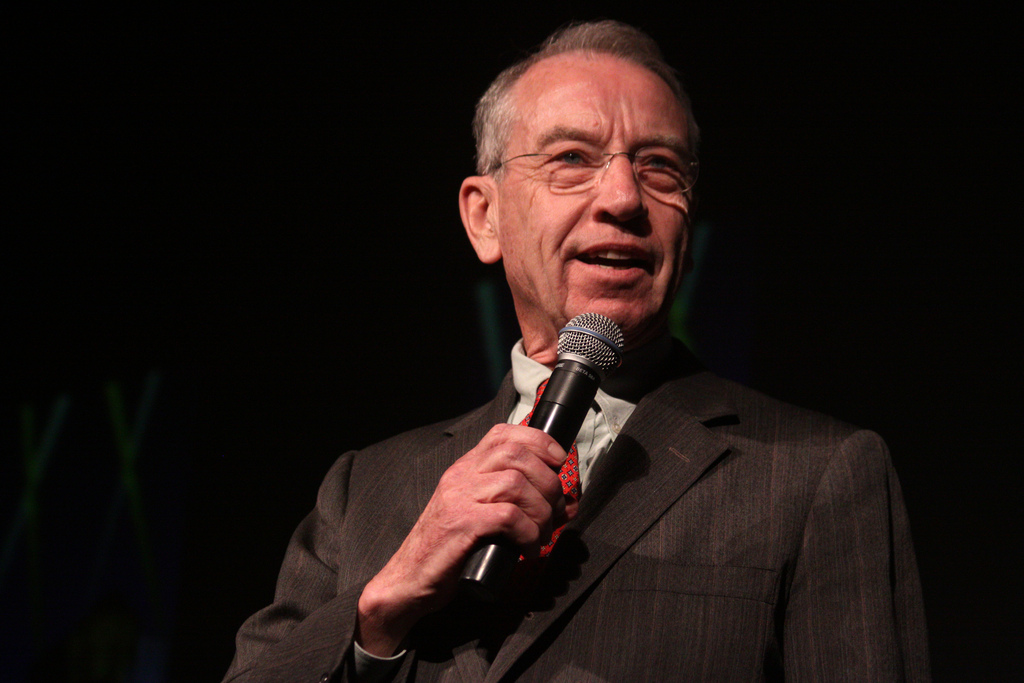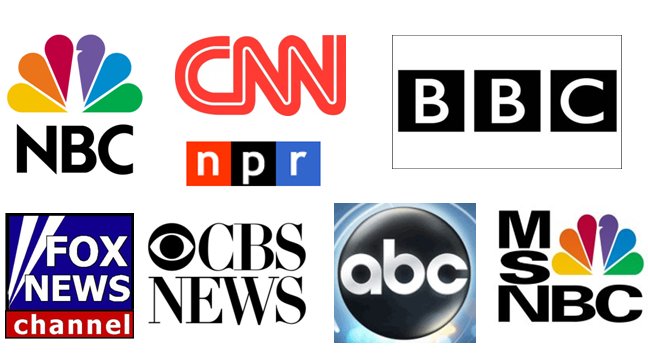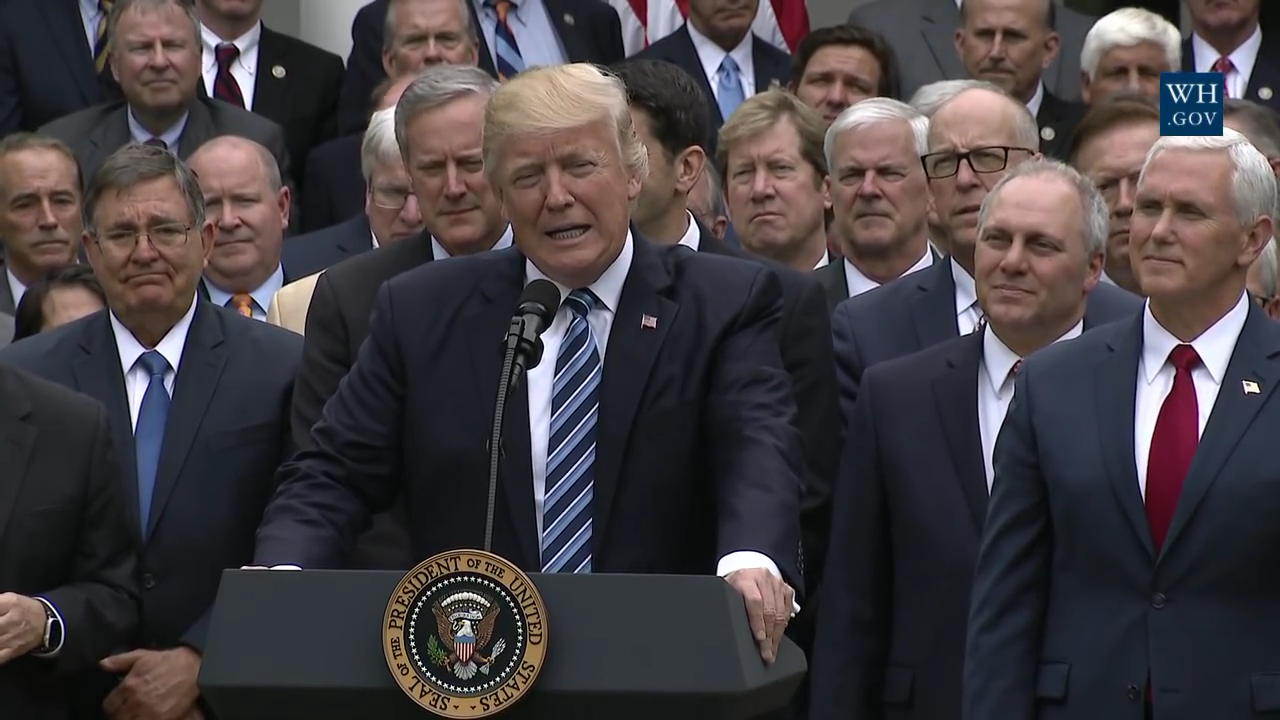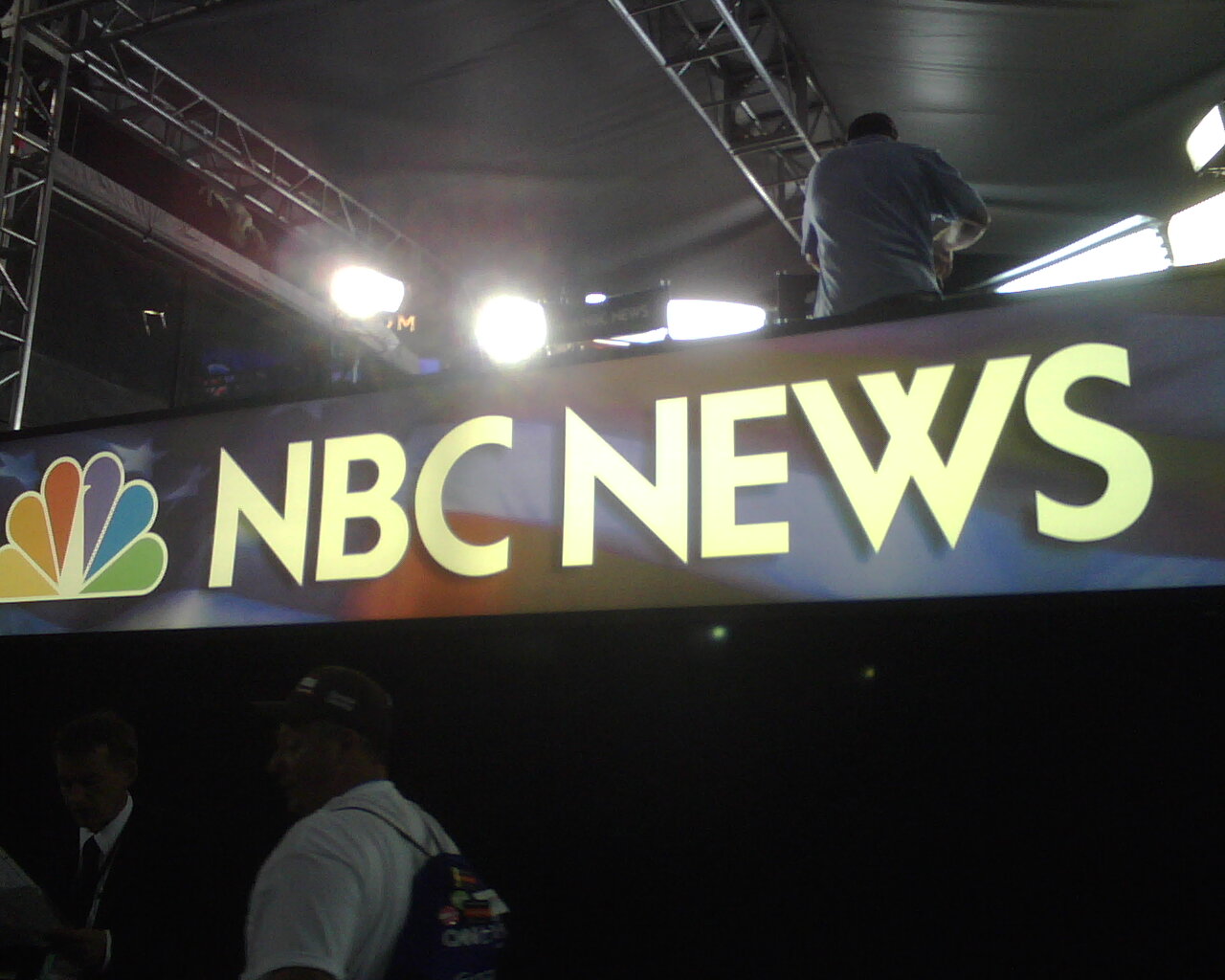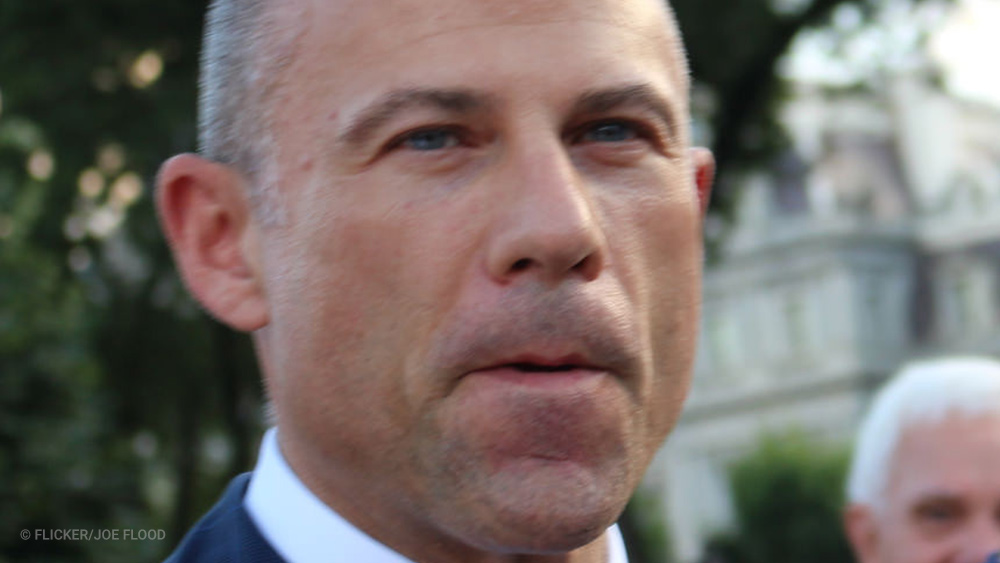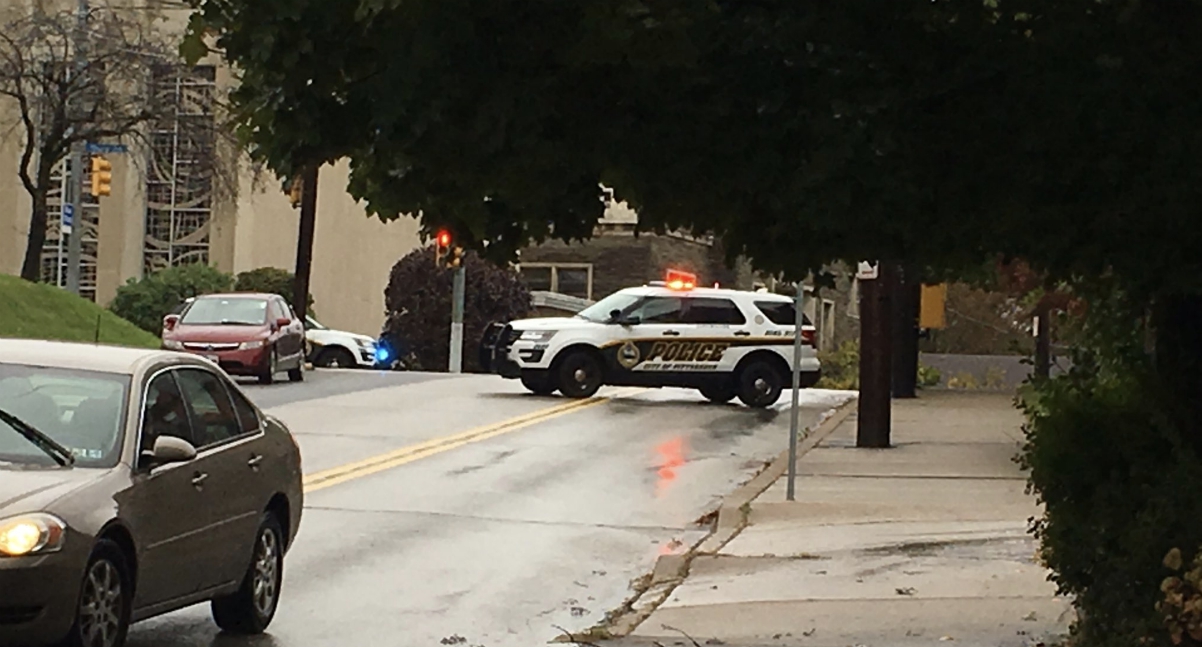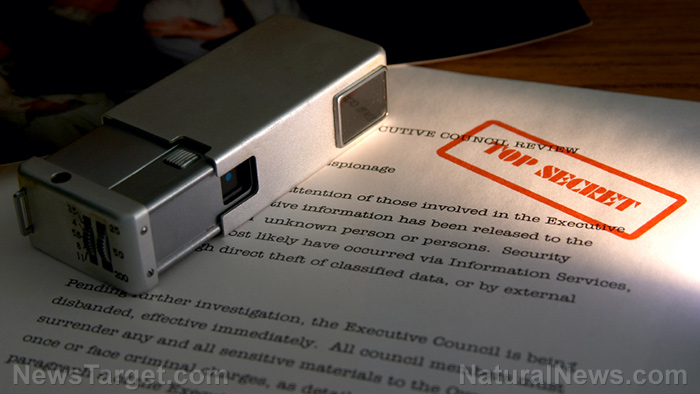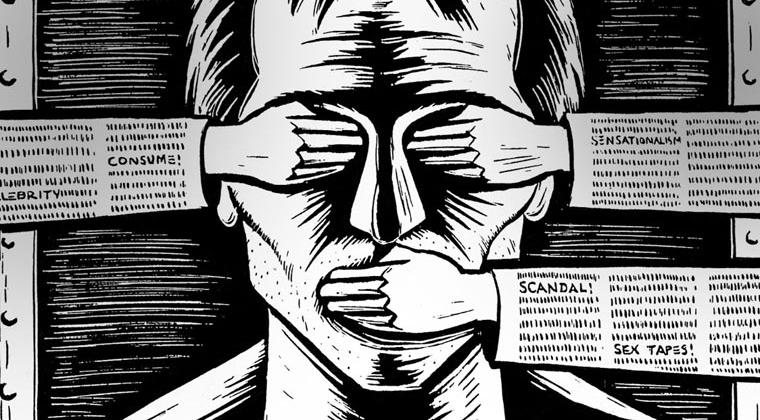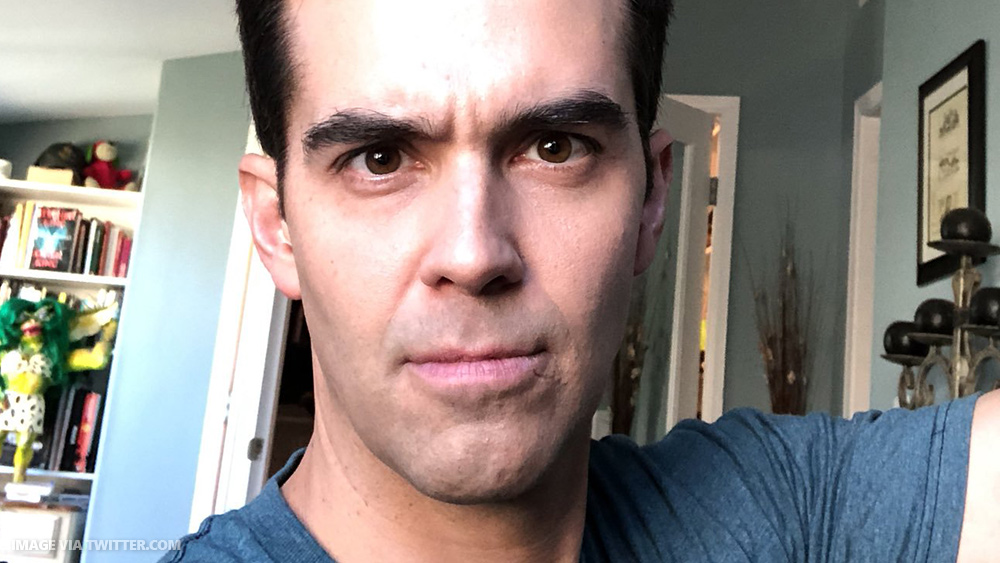College campuses now encouraging ‘thought police’ style snitching – TURN IN your fellow students for ‘offensive’ speech
02/22/2017 / By News Editors

Universities are the cradle of free speech, where ideologies and ideas clash, where academics and activists can agree, disagree, or be disagreeable. This is particularly true in the United States, where the First Amendment zealously guards against government surveillance and intrusion into free speech.
(Article by Adam Steinbaugh from WashingtonExaminer.com)
Yet at hundreds of campuses across the country, administrators encourage students to report one another, or their professors, for speech protected by the First Amendment, or even mere political disagreements. The so-called “Bias Response Teams” reviewing these (often anonymous) reports typically include police officers, student conduct administrators and public relations staff who scrutinize the speech of activists and academics.
This sounds like the stuff of Orwell, although even he might have found the name “Bias Response Team” to be over-the-top.
Over the past year, I surveyed more than 230 such reporting systems for the Foundation for Individual Rights in Education and asked dozens of schools for records about their Bias Response Teams. What I found is detailed in a new report describing how universities broadly define “bias” to include virtually any speech, protected or not, that subjectively offends anyone. On many campuses, administrators are called upon to referee whether speech is polite.
The threat to expressive rights isn’t confined to speech from the Left or the Right. Bias reporting systems are being used to report all kinds of speech.
At Appalachian State University, students reported on one another for chalked messages that were pro-Trump as well as chalked messages calling Trump a “RACIST.” The former were reported by students as “hate speech,” the latter “politically biased slander” that was “unlawful.”
While students at Ohio State University reported each other for comparing Hillary Clinton to Hitler, students at Texas Tech were whispering to administrators that the Black Student Union’s tweets in support of the Black Lives Matter movement offended them. Meanwhile, the University of Oregon saw it fit to dictate “community expectations” to students who had the audacity to complain about oppression.
Yes, complaining about oppression may bring the Bias Response Team to your dorm room to explain why your views were insufficiently polite, decent, and non-controversial.
These are just a few of the examples we’ve published so far, and over the next several weeks we plan on publishing more on our website.
Read more at: WashingtonExaminer.com
Tagged Under: Bias Response Teams, Campuses, College, First Amendmen, Students


